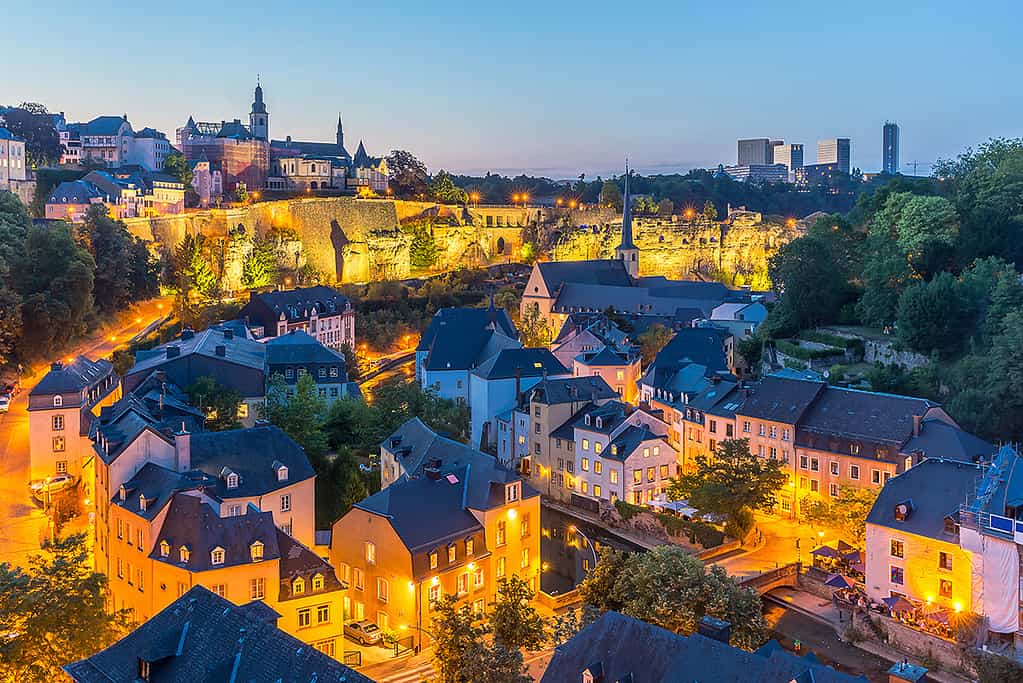nbaschedule2012now.net – Nestled in the heart of Europe, Luxembourg is a country that defies its diminutive size with a rich tapestry of history that spans centuries. Despite being one of the smallest nations on the continent, Luxembourg’s historical significance is monumental, reflecting a strategic and cultural importance that has shaped the European landscape.
A Strategic Stronghold
Luxembourg’s history is inextricably linked to its geography. Situated at the crossroads of Germanic and Latin Europe, it has been a coveted territory throughout the ages. The country’s most iconic symbol, the Bock Casemates, is a testament to its strategic value. These extensive underground fortifications, carved into the sandstone cliffs, have earned Luxembourg the nickname “Gibraltar of the North.”
A Melting Pot of Cultures
Luxembourg’s history is also a story of cultural fusion. Its location has made it a melting pot of Germanic, French, and Belgian influences. This cultural diversity is reflected in the language, cuisine, and traditions of the country. Luxembourgers are multilingual, with Luxembourgish, French, and German all holding official status, a unique feature that underscores the nation’s historical interplay with its neighbors.
Economic Resilience and Innovation
Historically, Luxembourg’s economy has been built on steel production, thanks to its abundant iron ore deposits and strategic location. However, the country has successfully diversified into financial services, becoming one of the leading financial centers in Europe. This economic resilience and innovation are hallmarks of Luxembourg’s history, showcasing its ability to adapt and thrive in the face of changing global landscapes.
A Beacon of Peace and Cooperation
Luxembourg’s role in fostering peace and cooperation is another significant chapter in its history. The country has been a founding member of several key European institutions, including the European Coal and Steel Community, the precursor to the European Union. The city of Luxembourg itself is home to numerous EU institutions, making it a hub for European diplomacy and governance.
Conclusion
Luxembourg’s history is a narrative of resilience, strategic importance, and cultural richness. Despite its small size, this nation has left an indelible mark on the European map, both geographically and historically. As Luxembourg continues to navigate the complexities of the modern world, its legacy as a small nation with a big history remains an inspiration for its people and a point of fascination for the global community.
